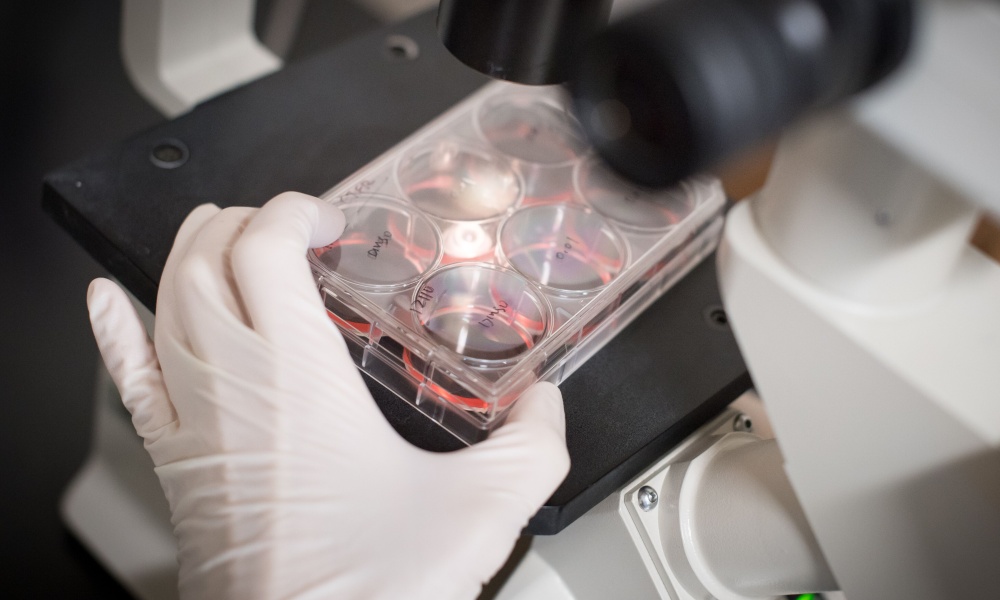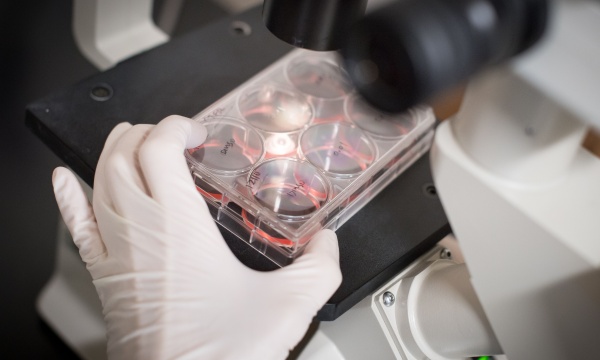Research in the Department of Neurology


Within the Department of Neurology, the Chief of Neurology and Vice Chairs of Research (VCs), Drs. Bradley Hyman and Rudy Tanzi oversee the research activities of the department, set strategic research objectives, and establish departmental administrative policies.
Some of our innovative research centers include:
Center for Rare Neurological Diseases
The goal of the Center for Rare Neurological Diseases (CRND), led by Dr. Florian Eichler, is to eradicate rare disorders of the nervous system by leveraging the power of biological insights.
MassGeneral Institute for Neurodegenerative Disease (MIND)
MIND is committed to finding treatments and cures to improve the lives of patients with neurodegenerative disorders including Alzheimer’s, ALS, Huntington’s and Parkinson's.
Healey Center for ALS
The Sean M. Healey and AMG Center for ALS at Mass General provide the research needed to radically change and accelerate the discovery of effective ALS therapies.
Henry and Allison McCance Center for Brain Health
The McCance Center for Brain Health advances our understanding of brain health through neuroscience and clinical research.
Center for Neurotechnology and Neurorecovery
The Center of Neurotechnology and Neurorecovery (CNTR) develops, tests, and deploys novel neurotechnologies to improve the care of people suffering from diseases or injuries of the nervous system.
Genetics and Aging Research Unit
The Genetics and Aging Research Unit at Mass General is committed to furthering our understanding of Alzheimer’s disease and facilitating novel therapies for treatment and prevention.
Learn More
Find out more about research in the Department of Neurology, including clinical trials and our extensive portfolio of research labs.
